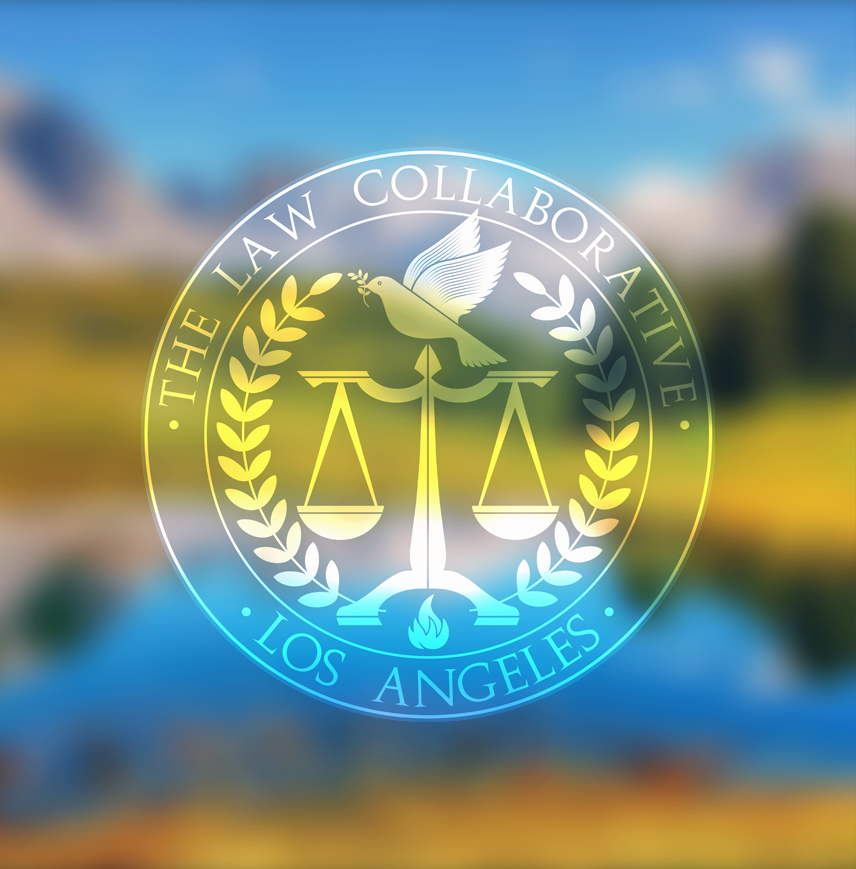DURING MEETINGS WITH YOUR “PARTNER” AND THE LAWYERS:
1. View your “ex” as a negotiation problem-solving partner. Although you and your spouse or partner are separating, it is helpful to consider that person as someone who can actively and positively participate in solving the issues created by your separation. For that reason, this person is referred to as your “partner” in this list of suggestions.
2. Exhibit commitment. Only do or say things that will be effective. Being effective means advancing toward goals that are consistent with your interests and principles.
3. Take responsibility for your feelings. When you feel that you have been wronged, it is hard not to dwell on the wrongdoing and focus on the blame you place on your partner. When you allow yourself to be governed by these feelings, you are dwelling in the past and limiting your ability to move forward. Focus instead on setting whatever boundaries and agreements you need to protect yourself in the future. Then focus your attention on solutions.
4. Avoid using inflammatory language. Critical speech, blame, the use of sarcastic inflections, and accusations tend to start or continue a spiral of unproductive conversation. When we react in these ways it is frequently because we are angry, fearful, or in pain, and because we have been hurt. When you catch yourself reacting inappropriately, or someone else points this out, use that awareness as a tool to understand yourself and your needs.
5. Speak for yourself, not for your partner. When speaking about your partner, try not to describe his/her feelings or motivations. Focus on your own feelings. For example, if you feel that a particular statement is not true, express your concerns by stating that “I don’t trust you. I am not able to believe what you are saying.” Do not state “You are a liar.” The former statement is clearly true. The latter statement may be subject to debate and may precipitate an unnecessary argument. The latter statement also does not address the serious issue of lack of trust. Negotiators refer to the preferred manner of expression as making “I” statements. “I” statements are not simply adding “I think” as a preface, such as “I think you are a liar.” “I” statements express your underlying thoughts or feelings.
6. Remember that the Collaborative Law process is completely voluntary. You and your partner will continue in the Collaborative Law process only so long as you both wish. You are free to terminate the process at any time. You have the right to say “no” at any time. It is important to remember this fact. Knowledge of your entitlement to stop at any time gives you the freedom to consider options without feeling coerced.
7. Be creative. Attempt to think “outside of the box.” Be willing to consider as many options as possible for meeting your interest as well as your partner’s. Focus on being creative. For example, “brainstorm” potential options and develop as many choices as possible before shifting into an evaluative mode to choose solutions.
8. Respect the fact that the transitions in your lives present difficulties and different processing for both you and your partner. You are both going through a difficult transition. Sometimes the difficulties are greater for one person than the other. Sometimes one of you will have already dealt with the separation, while the other has not. You will each have different needs and a different timetable over which adjustments will occur. You will each process information differently and make decisions in different ways. Be respectful of these differences and difficulties.
9. Consider conflict as an opportunity to be creative. There will be issues that are very sensitive and that will almost certainly lead to some conflict. The potential for conflict should not lead to the avoidance of important issues. Conflict is useful if it leads to a productive result and is handled sensitively. Collaboration does not imply an absence of conflict. Collaborative Law does provide an opportunity to approach potential conflict with a positive, solution-oriented attitude.
10. Listen carefully to your partner’s expressed feelings and interests. It is very important that you try to understand the feelings and interests expressed by your partner. True collaboration implies that everyone will be attempting to find resolutions that encompass what is important to both of you. Mutual understanding is a prerequisite for optimizing results.
Sometimes when you don’t agree with what someone else is saying, you may be fearful that understanding signifies agreement. Listening to and understanding what someone is saying does not constitute agreement. It is, however, an essential ingredient to a collaborative problem-solving process.
11. Be optimistic! Remain optimistic that with diligence and effort a mutually acceptable result is possible. There is no guarantee that the process of reaching agreement will be effort free and without difficulties. However, even the most difficult conflicts can be resolved when there is the intention to do so.
12. We are all responsible for the application of “The Help List.” This process will work best if at the commencement all participants give everyone else permission to gently comment when one of the principles above is not being applied. The attorneys are as responsible as the parties for applying the list.













